Maurice Heins - Selected Topics in the Classical Theory of Functions of a Complex Variable
Here you can read online Maurice Heins - Selected Topics in the Classical Theory of Functions of a Complex Variable full text of the book (entire story) in english for free. Download pdf and epub, get meaning, cover and reviews about this ebook. year: 2015, publisher: Dover Publications, genre: Home and family. Description of the work, (preface) as well as reviews are available. Best literature library LitArk.com created for fans of good reading and offers a wide selection of genres:
Romance novel
Science fiction
Adventure
Detective
Science
History
Home and family
Prose
Art
Politics
Computer
Non-fiction
Religion
Business
Children
Humor
Choose a favorite category and find really read worthwhile books. Enjoy immersion in the world of imagination, feel the emotions of the characters or learn something new for yourself, make an fascinating discovery.
- Book:Selected Topics in the Classical Theory of Functions of a Complex Variable
- Author:
- Publisher:Dover Publications
- Genre:
- Year:2015
- Rating:3 / 5
- Favourites:Add to favourites
- Your mark:
Selected Topics in the Classical Theory of Functions of a Complex Variable: summary, description and annotation
We offer to read an annotation, description, summary or preface (depends on what the author of the book "Selected Topics in the Classical Theory of Functions of a Complex Variable" wrote himself). If you haven't found the necessary information about the book — write in the comments, we will try to find it.
After a series of preliminaries, the text discusses properties of meromorphic functions, the Picard theorem, and harmonic and subharmonic functions. Subsequent topics include applications and the boundary behavior of the Riemann mapping function for simply connected Jordan regions. The book concludes with a helpful Appendix containing information on Lebesgues theorem and other topics.
Maurice Heins: author's other books
Who wrote Selected Topics in the Classical Theory of Functions of a Complex Variable? Find out the surname, the name of the author of the book and a list of all author's works by series.

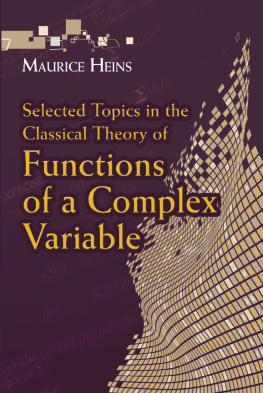
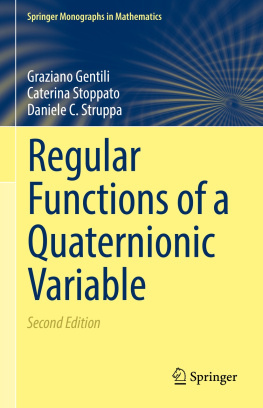
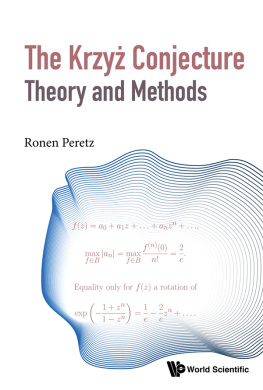
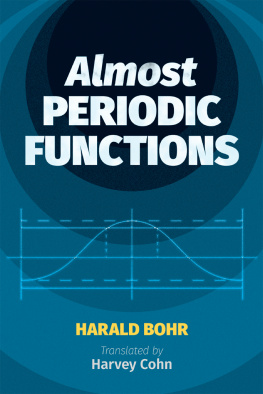

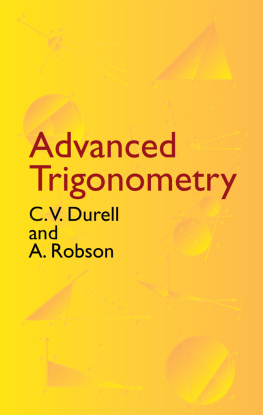
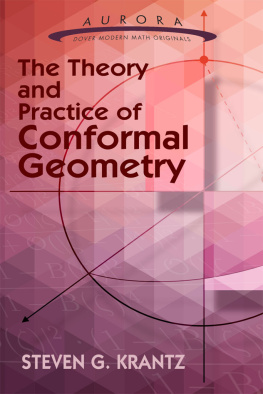
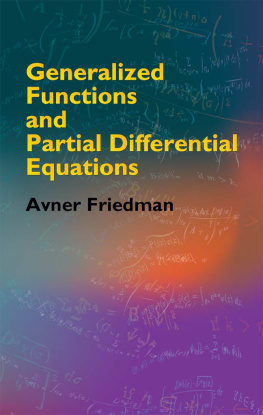
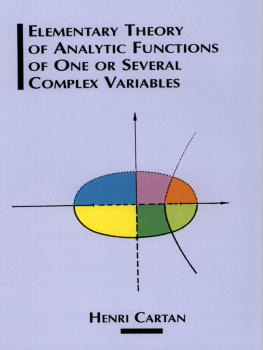

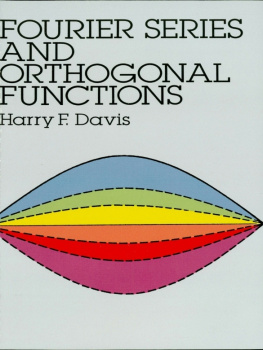
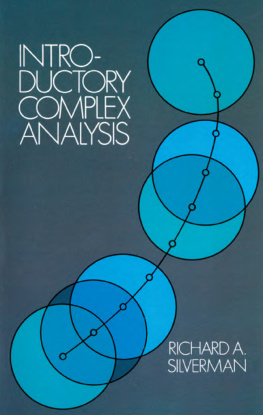
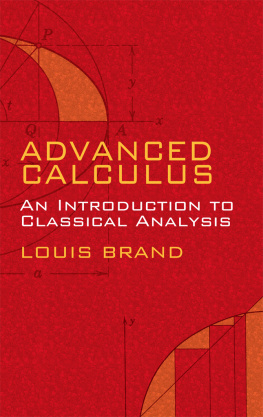

 , there exists a nondecreasing function on R satisfying (x + 2) = (x) + (1) such that
, there exists a nondecreasing function on R satisfying (x + 2) = (x) + (1) such that
 . For each positive integer n, we introduce first
. For each positive integer n, we introduce first










 such that for each rational number q,the sequence
such that for each rational number q,the sequence  possesses a finite limit. We define by
possesses a finite limit. We define by



 , where t0 = 0, ts = 2 and each tk is a rational multiple of 2. Let = max (tk+1tk), k = 0, s 1. From (8) and the Standard appraisals relating Riemann-Stieltjes integrals and their approximating sums, we have
, where t0 = 0, ts = 2 and each tk is a rational multiple of 2. Let = max (tk+1tk), k = 0, s 1. From (8) and the Standard appraisals relating Riemann-Stieltjes integrals and their approximating sums, we have




